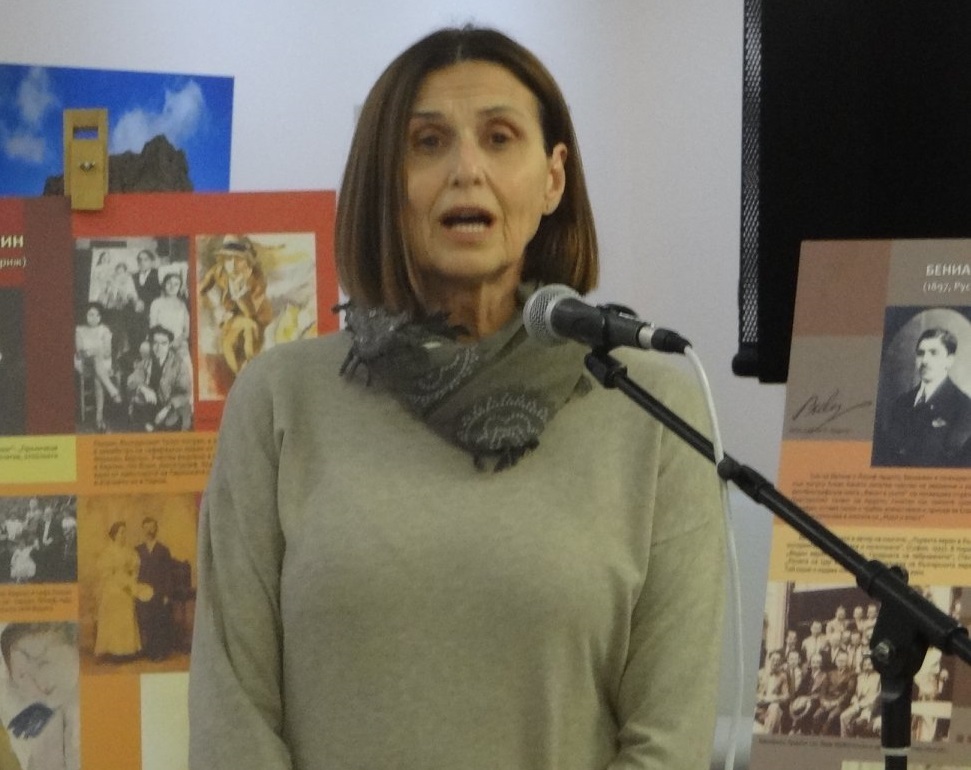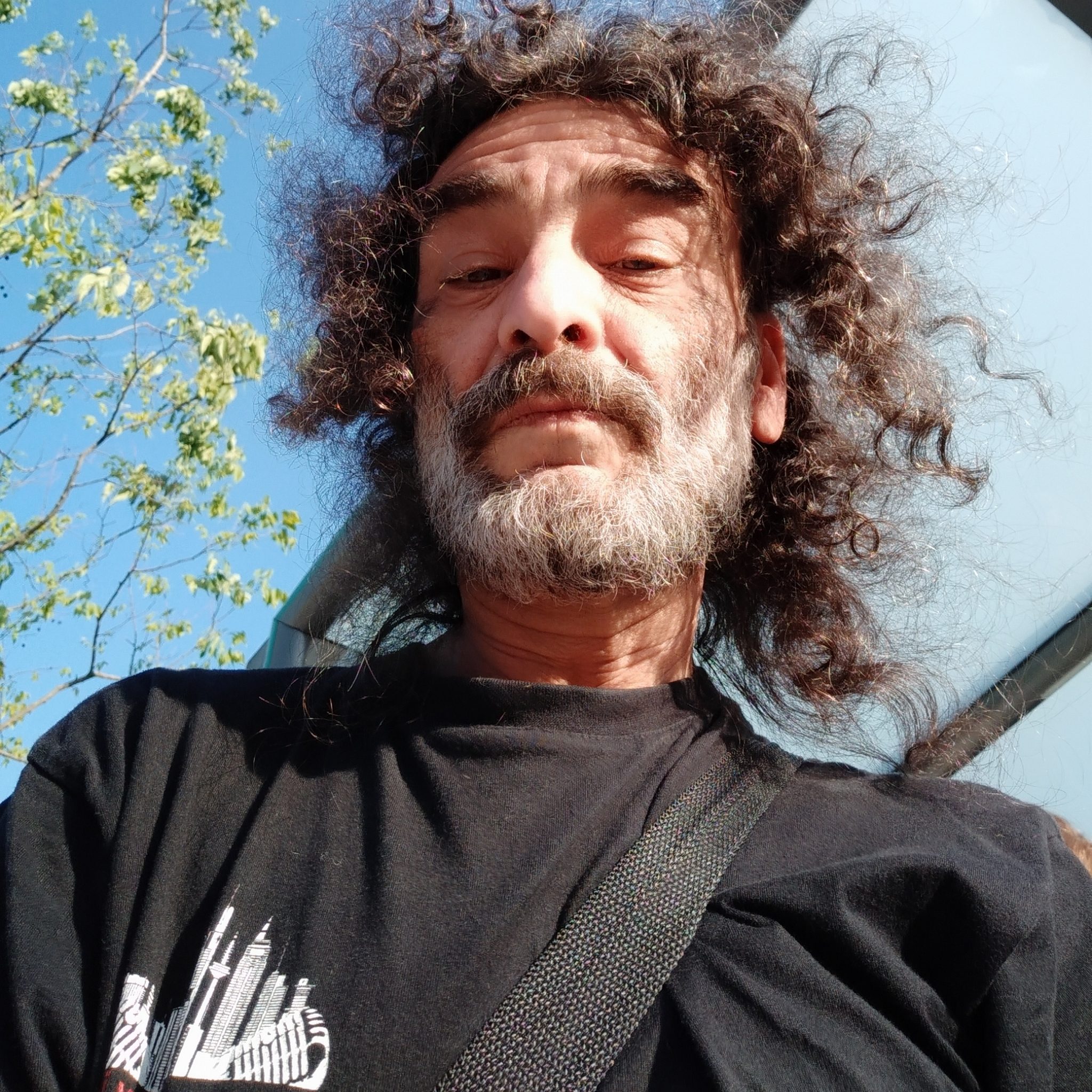
/Detelina Kamenova, media relations, International Elias Canetti Society, journalist/

/Robert Levy, author of ANEMOIA/
We welcomed ROBERT LEVY to the festival on October 8th and presented his latest book “ANEMOIA”. He is one of the artists we define as unconventional. Read this interview and you will understand why…
- What do you think gives a literature festival the strength to survive for 15 consecutive years?
Above all, the opportunity for conversation between authors and readers and the introduction of lesser-known, but quality artists to the public. Moreover, the raising of topics that require serious reflection and debate. If a festival manages these tasks, it can survive much longer than 15 years.
- What do you know in particular about the festival organised by the International Elias Canetti Society and what is its place among other literary festivals in Europe and Bulgaria?
I must honestly admit that until relatively recently – a few years ago to be precise – I didn’t even know about the existence of this festival. First of all, I note that the format of the festival is like others I know, for example the one in Frankfurt. A relatively small number of participants, but chosen according to the theme and with taste. This is also the format of most serious European festivals. Frankfurt, Rome, Berlin. There are also a few British ones. I regret to say that most Bulgarian literary festivals hardly fit into European patterns. The exceptions – the literary presentations at Apollonia in Sozopol (this is not a literary festival, however, but part of a larger event) and the small and very young festival of Bulgarian literature in Brussels.
- Why does the writer, the poet, the artist even need to meet live with an audience and be presented at festivals?
The great Bulgarian writer and playwright Georgi Danailov once said that “society looks upon writers as quiet madmen who talk to themselves in writing”. If this was largely true for the period of totalitarianism, today the task of the writer and poet is to answer questions that modernity asks. And what better way than through live communication with potential readers. There it becomes clear to what extent an artist is relevant and valuable.
- What do you expect from the live meetings with the audience in Ruse?
More questions, more conversation than a recital.
- What should the audience expect from meeting you?
Honest answers.
- Where can we find more space for artistic interpretation – in real life or on social media?
In social media, interpretation is when fake news or conspiracy theses are presented. The job of the poet and writer is to interpret real life.
- How do you see geographical boundaries today, when the world is experiencing tremors of various kinds?
I am happy to live in a union where geographical boundaries are, let’s call them, conventions. You can practically cross the entire continent of Europe without stopping at a border. And my hope is that this trend will intensify.

